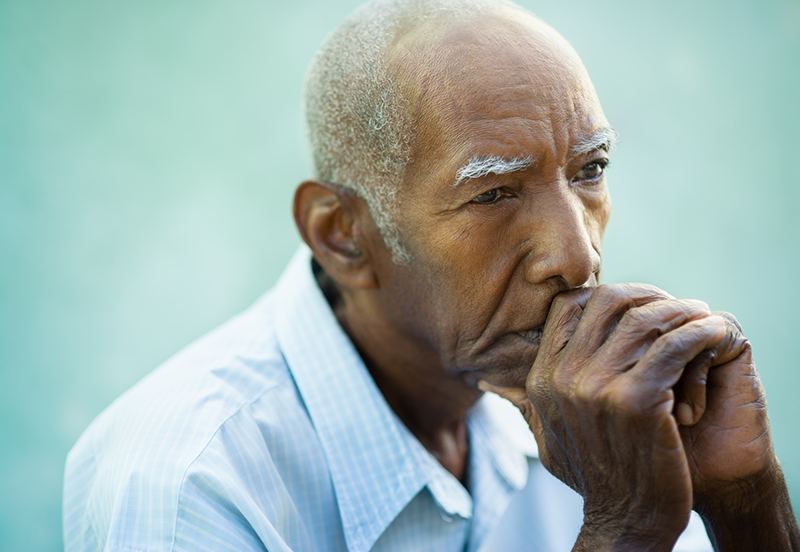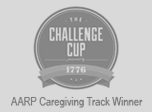Is It Depression or Just the Blues?
Depression is a common mental health condition that affects more than 6.5 million American aged 65 or older. The symptoms of depression include feelings of sadness, loss, anger or frustration. It is often untreated because many people think that depression is a normal part of aging and a natural reaction to chronic illness, loss and social transition. Also, this mood disorder is often untreated because an elderly individual may be isolated because he/she doesn't live in an Assisted Living NYC, which in itself can lead to depression. When depression isn't treated, the risk for mental illness and cognitive decline increases. The causes of depression include health problems, loneliness, isolation, reduce sense of purpose, fear of death, and recent bereavement. Because grief and depression share many symptoms, it isn't always easy to distinguish the difference. Grief is a roller coaster; it involves a wide variety of emotions and a mix of good and bad days. With depression, on the other hand, the feelings of emptiness and despair are constant. It doesn't go away by itself and lasts for months. If untreated, depression can affect the body. For example, it can increase the risk for health disease and can suppress the immune system, which can raise the risk for infection.
The signs and symptoms of depression in the elderly include the following:
- Sadness
- Fatigue
- Irritability
- Anxiety and worries
- Memory problems
- Lack of motivation and energy
- Slowed movement and speech
- Social withdrawal and isolation
- Weight loss or loss of appetite
- Increased use of alcohol or other drugs
- Fixation on death; suicidal thoughts or attempts
- Unexplained or aggravated aches and pains
- Feelings of hopelessness or helplessness
- Neglecting personal care (skipping meals, forgetting medication, neglecting personal hygiene
- Abandoning or losing interest in hobbies or other pleasurable past times
- Sleep disturbance (difficulty falling asleep or staying asleep, oversleeping, or daytime sleepiness)
- Loss of self-worth (worries about being a burden, feelings of worthlessness, self-loathing)
If your loved one is depressed, the first step to getting appropriate treatment is to visit a doctor. Certain medications or conditions can cause symptoms similar to depression. A doctor can rule out these factors by doing a complete physical exam and lab tests. If all other factors are ruled out, the doctor might prescribe antidepressant or/and refer to a mental health professional for psychotherapy. Also, it would be helpful if your depressed loved one connects with others and participate in activities he/she enjoys. If your loved one lives alone, it might be helpful for them to move into a senior community like Assisted Living NJ.














